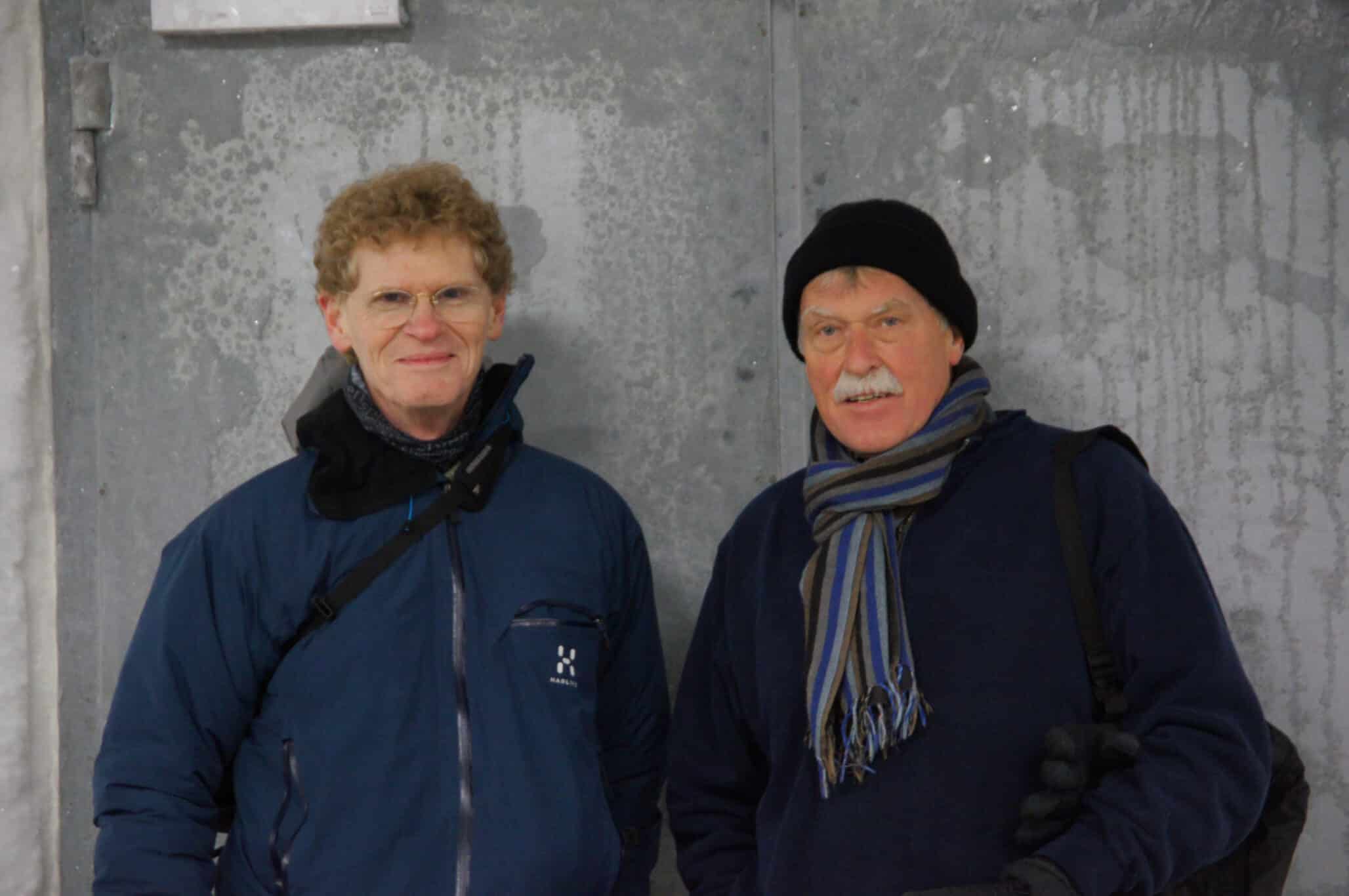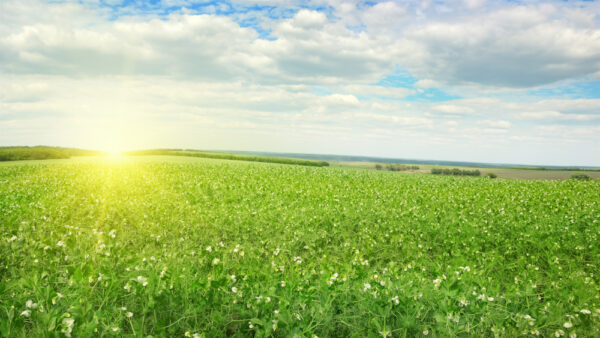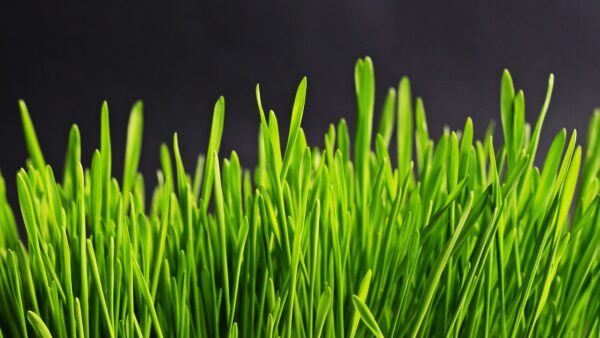The Svalbard Global Seed Vault has welcomed a new deposit of over 30,000 seed samples from 23 depositors representing 21 countries, including seven international genebanks. This is the largest number of contributors since 2020, when a record 35 genebanks made contributions, highlighting the growing global commitment to safeguarding crop diversity amid the mounting challenges of climate change, conflict, and other crises.
For the first time, seeds from Bangladesh, Bolivia, Chad, Nigeria, Papua New Guinea, and Suriname have been added, according to a press release. The Crop Trust, with financial and technical support, is assisting these and other countries in taking the necessary steps to preserve their crop diversity. This assistance is made possible by Norway’s contributions to the ‘Biodiversity for Opportunities, Livelihoods, and Development’ (BOLD) project.
“Climate change and conflict threaten infrastructure and impact food security for over 700 million people in more than 75 countries worldwide. Genebanks are ramping up efforts to back-up seed collections, and we are proud to support them by providing a safe haven in Svalbard,” said Stefan Schmitz, Executive Director of the Crop Trust.
Recent climate data highlights the critical need for action. 2023 was the hottest year on record by a significant margin. In Africa, five of the 30 deadliest weather events ever recorded occurred in 2022-2023, while Asia remains the most disaster-prone region globally. Meanwhile, cereal yields in sub-Saharan Africa are less than half the global average. These alarming trends emphasize the urgent need to conserve, research, and utilize the diversity of both lesser-known crops and staple foods stored in the world’s genebanks.
Recent climate data highlights the critical need for action. 2023 was the hottest year on record by a significant margin. In Africa, five of the 30 deadliest weather events ever recorded occurred in 2022-2023, while Asia remains the most disaster-prone region globally. Meanwhile, cereal yields in sub-Saharan Africa are less than half the global average. These alarming trends emphasize the urgent need to conserve, research, and utilize the diversity of both lesser-known crops and staple foods stored in the world’s genebanks.
The Svalbard Global Seed Vault operates through a partnership between the Norwegian Ministry of Agriculture and Food, the Crop Trust, and the Nordic Genetic Resource Center (NordGen). The Seed Vault serves as a vital backup for genebanks the world over.
Sudan’s Agricultural Plant Genetic Resources Conservation and Research Centre (APGRC), with support from the BOLD project, prepared hundreds of sorghum and pearl millet seed samples despite the ongoing war and lack of access to the main national genebank in Wad Medani. Security trucks transported the seeds to Port Sudan for shipment. Once received, NordGen will sort, catalog, and dry each seed sample before their final transfer to the Svalbard Global Seed Vault in February 2025.












